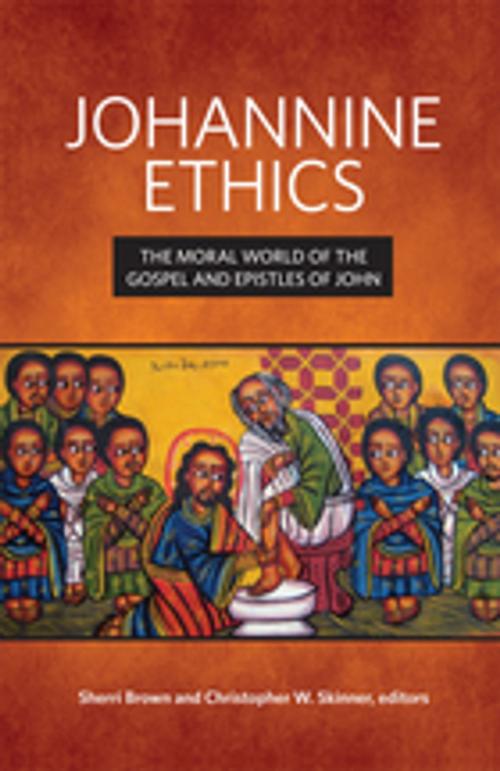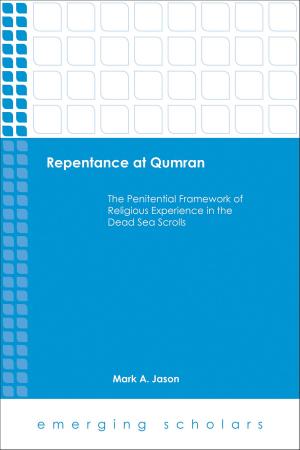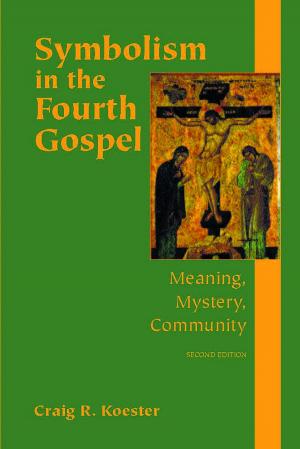Johannine Ethics
The Moral World of the Gospel and Epistles of John
Nonfiction, Religion & Spirituality, Bible & Bible Studies, New Testament, Study, Criticism & Interpretation| Author: | ISBN: | 9781506438467 | |
| Publisher: | Fortress Press | Publication: | November 15, 2017 |
| Imprint: | Fortress Press | Language: | English |
| Author: | |
| ISBN: | 9781506438467 |
| Publisher: | Fortress Press |
| Publication: | November 15, 2017 |
| Imprint: | Fortress Press |
| Language: | English |
The Gospel and Epistles of John are often overlooked in discussions of New Testament ethics; indeed, it has been asserted that the Fourth Gospel is of only limited value to such discussions--even that John is practically devoid of ethical material. Representing a range of viewpoints, the essays collected here by prominent scholars reveal the surprising relevance and importance of the Johannine literature by examining the explicit imperatives and the values implicit in the Gospel narrative and epistles. The introduction sets out four major approaches to Johannine ethics today. Essays in subsequent sections evaluate the directives of the Johannine Jesus (believe, love, follow), tease out the implicit ethics of the Gospel‘s narrative (including its fraught and apparently sectarian representation of hoi Ioudaioi as Jesus‘s opponents), and propose different approaches for advancing the discussion of Johannine ethics beyond the categories now dominant in critical scholarship. In a concluding essay, the editors take stock of the book‘s wide-ranging discussion and suggest prospects for future study. The sum is a valuable resource for the student as well as the scholar interested in the question of Johannine ethics.
The Gospel and Epistles of John are often overlooked in discussions of New Testament ethics; indeed, it has been asserted that the Fourth Gospel is of only limited value to such discussions--even that John is practically devoid of ethical material. Representing a range of viewpoints, the essays collected here by prominent scholars reveal the surprising relevance and importance of the Johannine literature by examining the explicit imperatives and the values implicit in the Gospel narrative and epistles. The introduction sets out four major approaches to Johannine ethics today. Essays in subsequent sections evaluate the directives of the Johannine Jesus (believe, love, follow), tease out the implicit ethics of the Gospel‘s narrative (including its fraught and apparently sectarian representation of hoi Ioudaioi as Jesus‘s opponents), and propose different approaches for advancing the discussion of Johannine ethics beyond the categories now dominant in critical scholarship. In a concluding essay, the editors take stock of the book‘s wide-ranging discussion and suggest prospects for future study. The sum is a valuable resource for the student as well as the scholar interested in the question of Johannine ethics.















